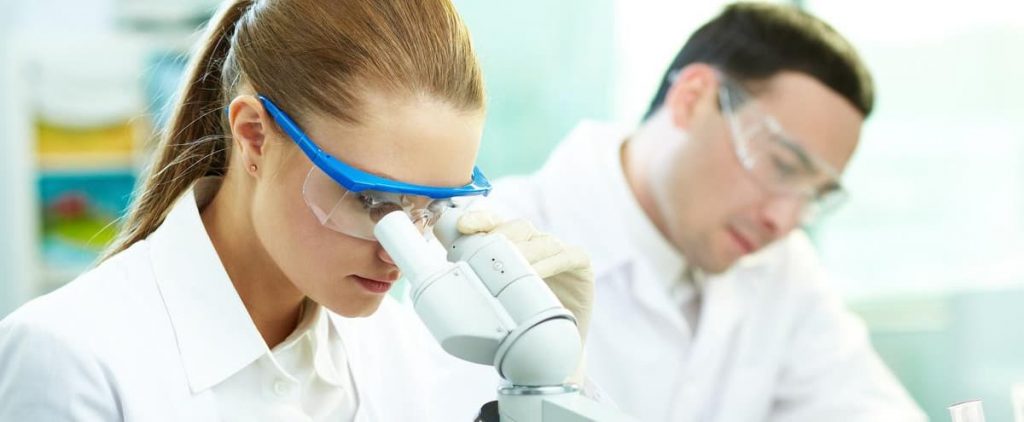Pharmaceutical companies have warned that suspending patents or enforcing technology transfer will not make it possible to produce a single dose of the vaccine against Covid 19 and may have the opposite effect.
Also read: The head of the World Health Organization wants to take concrete measures to increase vaccine production
For supporters of a temporary suspension of intellectual property rights, this is the best way to increase production sites and end the stark disparity in vaccines that see rich countries immunize large proportions of their population when some poor countries have access to very low doses.
Once again on Friday, South African President Cyril Ramaphosa asserted that vaccines are “a public good”. Pretoria and India are behind the WTO patent proposal, and the two capitals now have the support of many countries, NGOs and personalities. But the file reached a dead end.
“Let’s fight together against vaccine nationalism and show that protecting intellectual property does not come at the expense of human life,” said Mr. Ramaphosa at an event organized by the World Health Organization.
Another way
Around the same time, representatives of the pharmaceutical industry around the world were arguing to the press that this was not the way forward, while reiterating their commitment to producing the largest number of vaccines possible in the shortest possible time.
This “will not give us the tools to produce more doses of vaccines,” said Thomas Quiney, president of the International Federation of Pharmaceutical Industries (IFPMA).
He emphasized that 275 production agreements had already been signed between factories, and sometimes between competitors, to reach the 10 billion target by the end of 2021.
All manufacturers emphasized that the problem was not related to intellectual property as much as it was customs barriers or the shortage of some components and tools that could halt production.
It is complicated
“The manufacture of vaccines is not just a matter of patents,” said Sai Prasad, head of the Developing Countries Vaccine Manufacturers Network, which includes laboratories from developing countries.
“It is a very complex sector, with complex science, and very complex manufacturing processes … We have to be very careful to whom we transfer knowledge,” he explained, in particular because of the imperative of safety and quality.
“We don’t want to do anything that would undermine confidence in vaccines,” said Michelle McMurray-Heath, who heads the Biotechnology Innovation Organization (BIO), which brings biotechnology companies together.
“We have to admit that there are only a few laboratories in the world that have the required expertise and we have to focus our efforts so that they can access the ingredients they need to produce the largest number of doses. As quickly as possible,” he said.
Sometimes, something trivial like a lack of plastic bags or filters can take over the device. Sometimes it is the lipids used to protect the messenger RNA for vaccines from Pfizer-BioNTech and Moderna that are lacking.
Manufacturers estimate that more than a hundred of the ingredients used to make vaccines are difficult to obtain today.
Harmful effects
Stefan Bansel, President of Moderna, has warned of the harmful effects of technology transfer to unexperienced manufacturers.
“Attempting to distribute the scarce raw materials that we currently have among a much larger number of manufacturers that may not necessarily have experience in producing vaccines could threaten the progress we are making our way,” explained Ms. MacMurry. – Heath. .
Moderna, which was a relatively young company before Covid-19, is promising to produce 1 billion doses of its vaccine and 1.4 billion in the next year.
Dedicating human resources to transferring technology and knowledge (processes that take months) will have no real impact on vaccine production this year and “will hamper our ability to produce more in 2021.”
He warned that “if we now divert the small engineering team at our disposal to conduct these transfers, the impact in 2021” will be enormous. “

“Music guru. Incurable web practitioner. Thinker. Lifelong zombie junkie. Tv buff. Typical organizer. Evil beer scholar.”






More Stories
A large manufacturing project awaits space in the industrial zone
According to science, here are officially the two most beautiful first names in the world
Green space, 100% pedestrianized: DIX30 reinvents itself